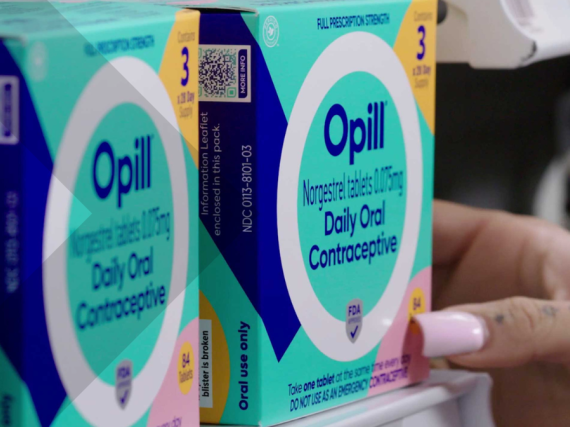New Initiative Coming to Fayetteville, NC to Support HBCU Student Success Through Sexual and Reproductive Health
WASHINGTON, D.C. (Aug. 15, 2023) — As Fayetteville State University goes back in session this fall, a national nonprofit that advances reproductive well-being for all will be coming to campus. Power to Decide is launching a new initiative with students to address their sexual and reproductive health needs, as part of the organization’s national initiative focused on Historically Black Colleges and Universities (HBCUs).
“Nearly three-quarters of HBCUs are located in states where abortion access either has been banned or severely restricted, and where contraceptive access was already difficult,” said Power to Decide Senior Director of Health Equity, JeNeen Anderson. “HBCUs are well-positioned to address the gaps for students in places where sexual and reproductive health services are becoming even harder to access.”
The new initiative advances a culture of reproductive well-being, an innovative framework centered on the belief that every person should have equitable access to the information, services, systems and support they need to have control over their bodies, and to make their own decisions related to sexuality and reproduction throughout their lives.
Student ambassadors Andre Poyser and Kaila Coleman at Fayetteville State University, will collaborate with Power to Decide to execute community engagement strategies to help increase knowledge and access to sexual and reproductive health services on their campus and surrounding community.
- Of the 107 institutions recognized as HBCUs by the U.S. Department of Education, nearly three-quarters are in states that have banned or severely restricted abortion access. These 72 schools enroll more than 166,000 students.
- Although HBCUs represent only 3% of U.S. colleges and universities, they enroll 10% of all Black students, 64% of whom are women.
- Access to quality reproductive health information and affordable birth control is essential to ensure that young people can finish their education and decide when, whether and under what circumstances to start a family.
Fayetteville — a part of Cumberland County — is a contraceptive desert, where 37% of the population of women aged 13-44 are in need of publicly funded contraceptive care and lack reasonable access to a clinic that provides the full range of contraceptive methods.
“Historically, students at HBCUs have been at the forefront of social justice movements,” said Power to Decide CEO Raegan McDonald-Mosley, MD, MPH. “This initiative aims to continue this history and gives students access to information and resources they need to have the power to make their own sexual and reproductive health decisions.”
# # #
Power to Decide is a nonprofit, nonpartisan organization that works to advance sexual and reproductive well-being for all by providing trusted information, expanding access to quality services, and catalyzing culture change.


